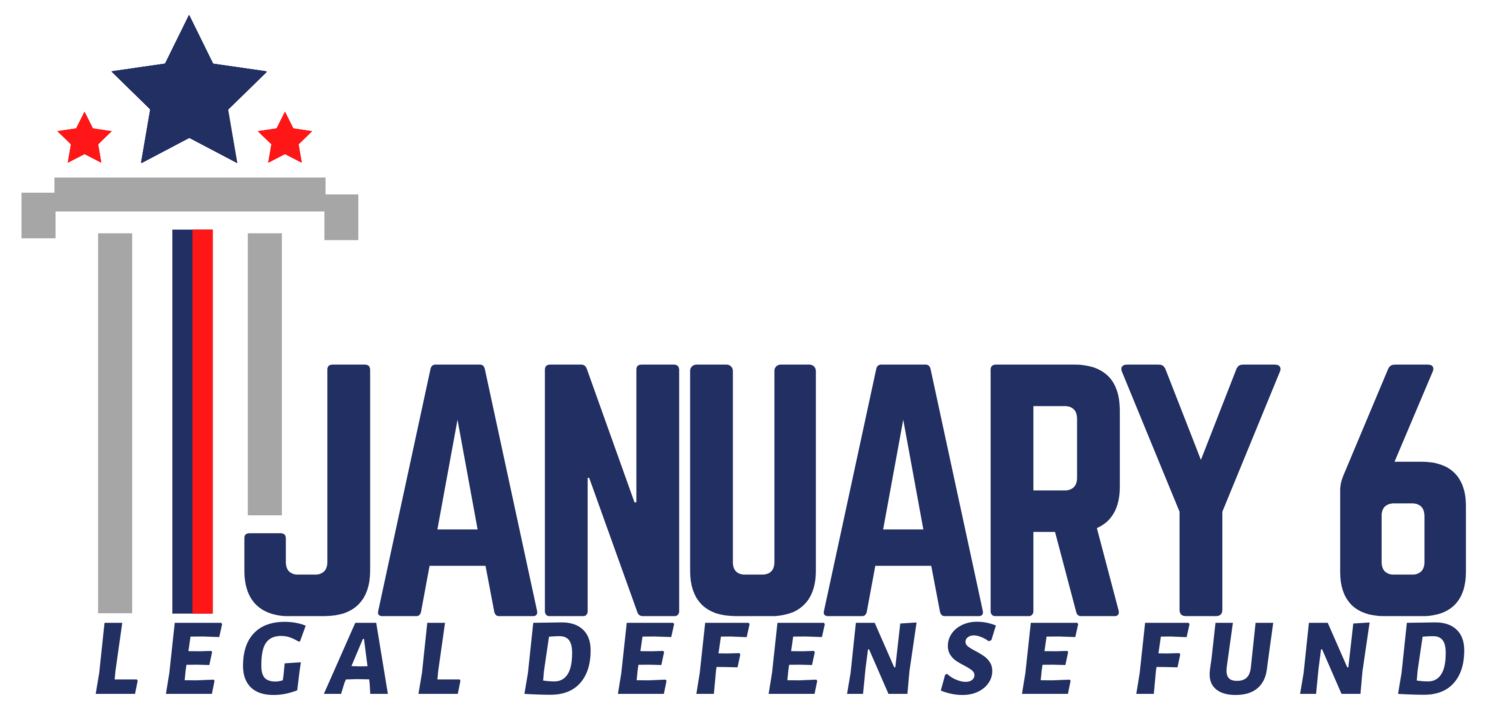JANUARY 6 PROTESTOR lucas denney sentencing delayed
Lucas Denney appeared for sentencing on July 21. But from the outset it appeared that Judge Randolph Moss was not comfortable moving forward on the "record" as it stands currently in the case. He expressed a view that the parties continued to disagree on many key issues that will influence his sentencing decision, and that it might be necessary for him to hear from witnesses or consider evidence presented by each side beyond what is currently before the Court.
This situation is the result of the unusual procedural manner in which the case arrived at sentencing. Denney was not indicted by the Government in the "normal course" -- the Government missed key procedural deadlines set by the court rules and statutes, and rushed through an hastily prepared one count indictment to prevent Denney from being released. Denney took advantage of the Government's lack of diligence and preparedness by pleading guilty to that single count rather than wait for the Government to return to the Grand Jury in order to add charges in a Superseding Indictment.
By pleading guilty without a "Plea Agreement" with the Justice Department, there is very little in the way of a "record" where the two sides are in agreement. Normally, when the Government offers a plea agreement and a defendant accepts, the Government writes a long "Statement of Offense" which the Defendant must sign. This is tantamount to a "confession" to all the facts and details that the Government wishes to use against a defendant at sentencing. Mr. Denney entered into no such plea agreement so he was never put in the position of having to agree to such a written "confession." Beyond admitting the specific facts making up the one crime he was charged with, Mr. Denney has not admitted anything further. That puts the Government in the position of having to prove with witnesses and evidence the other conduct that it might want to use against him. This was the subject area that Judge Moss pointed out where there was so much disagreement between the two sides.
Another advantage gained by Mr. Denney in not having a plea agreement is that he was not required by the Government as part of such an agreement to waive his appeal rights. If Mr. Denney's counsel believes legal errors are committed in the sentencing process, he can file an appeal on Mr. Denney's behalf. The Government has been insisting in plea agreements that defendants waive all their appeal rights as part of any guilty plea.
There are legal issues pending resolution with respect to the determination of the "guideline range" that should apply to Mr. Denney. These issues depend on both legal principles from prior cases as well as some of the "disputed facts" with regard to Mr. Denney's conduct on and before January 6. The parties agreed to postpone the sentencing approximately one month while the two sides attempt to narrow the scope of factual differences, and to provide the Court with an agreed upon list of issues that will require the Court to make a final determination.
Delays like this are not unusual in federal sentencing hearings, and a good defense attorney looks at a delay as an opportunity to work further on the argument on behalf of his/her client. This delay presents just such an opportunity. The first week in September looks to be the likely time frame for returning to court and concluding the matter with regard to Mr. Denney.

